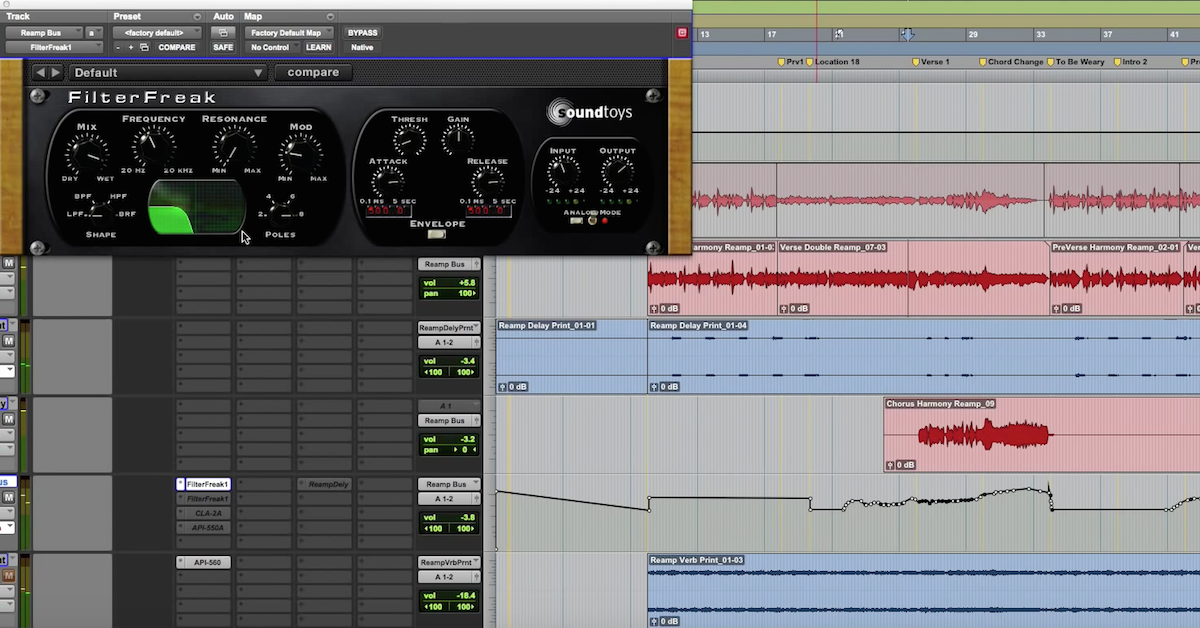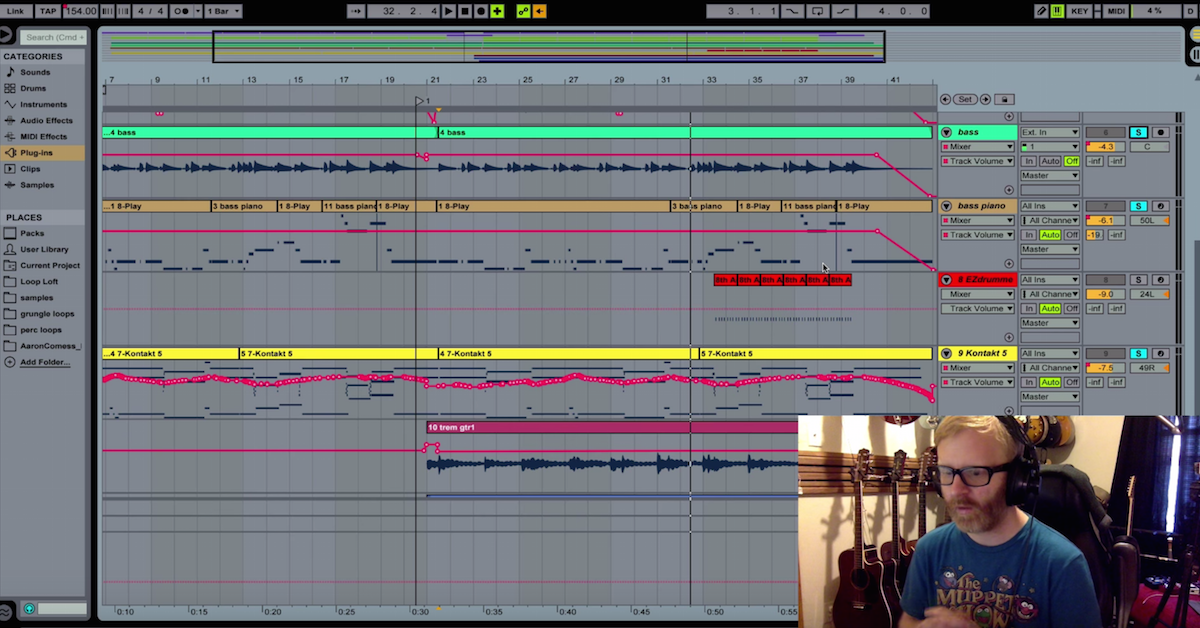Why You Should Keep a Music Production Journal
Article Content
You’re going to listen to so much music in your life and career. In that time, there are going to be many things that inspire you. It’s nearly impossible to remember all the moments you thought were interesting.
To deal with this I like to keep what I call a “Production Journal.” The idea is to have a small book you keep with you at all times to document inspiration. No matter where you are if you hear something you like you can write it down.
A Moleskine journal is perfect for this task. You can find them easily online or at your local bookstore. I recommend something small that you can have on you at all times.
Songs in the Key of Life
We’re surrounded by music. At any moment you can be inspired. For example: in line at the bank, waiting for a tall latte at Starbucks or listening to your iPod on the subway. The instances are countless. Take full advantage of the “soundtrack to your life.” It’s overflowing with usable ideas.
The Devil is in the Details
You can get as specific or vague as you like. Some of the details I like to include are song title and artist. These are the two things I’m most likely to search for. Within that, I like to include more info if possible. For instance: if the song is playing on my iTunes I might mark down the record it’s from and even at what minute/second the part happens. This makes it easier to locate later.
If you don’t know the song name or artist, try to catch a couple of lyrics and write them down. This will allow you to search Google later.
I might also add a descriptive term of what I’m digging in the track. An example could be: Heavy low end bass drum
This way, as I’m looking through the journal there are adjectives that can trigger a memory of the part.
You can draw diagrams of the stereo field if it’s the panning that’s inspiring. What about other info for the song? Is it a reverb sound I really like on the drums? Is it the way an organ and bass guitar blend together? Is it the compression on the vocal?
If you know how to write music you can take it one step further. You can transcribe phrases.
Because I read and write music it gives me more tools to utilize. If you’re really serious about production it wouldn’t hurt to learn a few things about reading and writing music. There are many ways this can help you which I’ll discuss in a future article.
Daniel
Recently I was taken back by a bass line in a Bat For Lashes song called “Daniel”. It’s simple but compelling. It sets up such a cool bed for the other instruments. I wasn’t just entranced by the notes, but the rhythm. The rhythm stays the same throughout the song. Not for one moment does it break its hypnotic groove.
I made a note like this in my journal to remember for the future.
I also liked that the drum groove took 8 bars until there was a little tom fill.
One of the other things to notice about this track is the restraint. It would have been easy to add more notes on the drums or bass. A lot of hyperactive players would have added ornaments after two bars. But, 8 bars does something really special. There is a lot of complex simplicity on this track (and all of her albums for that matter).
Relative Research
Often when I’m in pre-production or engineering a track, I like to visit my journal. I like to be reminded of all the things that make me tick. The key is not to copy others, but to use the inspiration as fuel.
If I’m working on a song that I know would sound good with a certain style of bass drum, I might look through my journal and check every entry with bass drum on it.
Case Study
Think of every song as a case study. You’re documenting your inspirations. It allows you to discover something about your tastes. Over time you may even see similarities between songs or styles of music you wouldn’t expect.
Flinstone Boy
This may seem obvious and very grade school, but use pencil people! No matter what delusion you may have about not making mistakes, they will happen. Pencils have this amazing feature that seems to have almost been forgotten … It’s called an eraser. You can actually make your mistakes disappear! (this doesn’t work for mistakes that get you in trouble with your girlfriend).
No Nuts No Glory
People may think you’re weird when they see you frantically searching for your Moleskine upon hearing a song over the intercom. Think of the upside though: People are likely to give you more space in checkout lines.
It can also help you out of a dry spell. If you’re pulling a blank, some research through your Production Journal can give you a torch to see your way through a dark tunnel.







